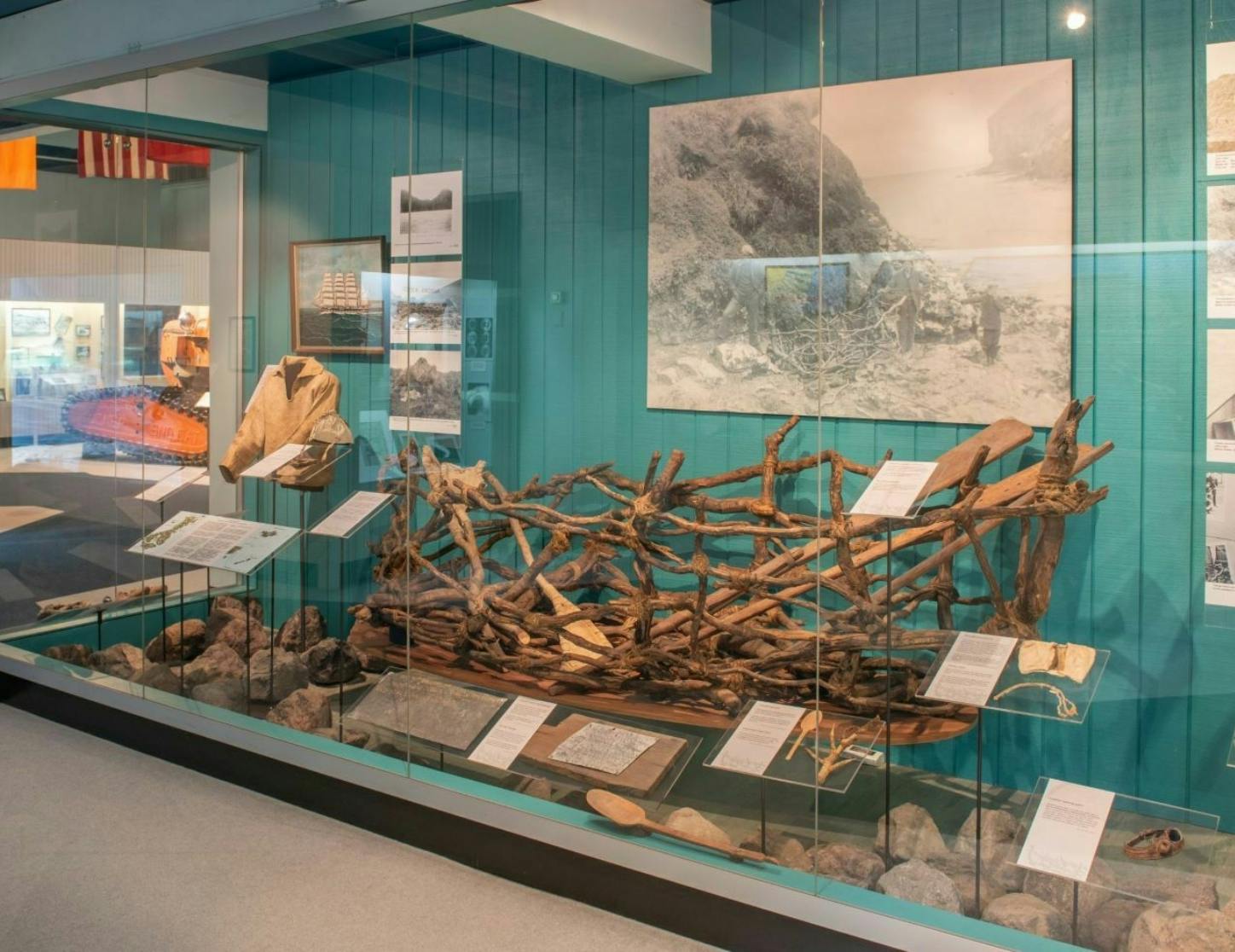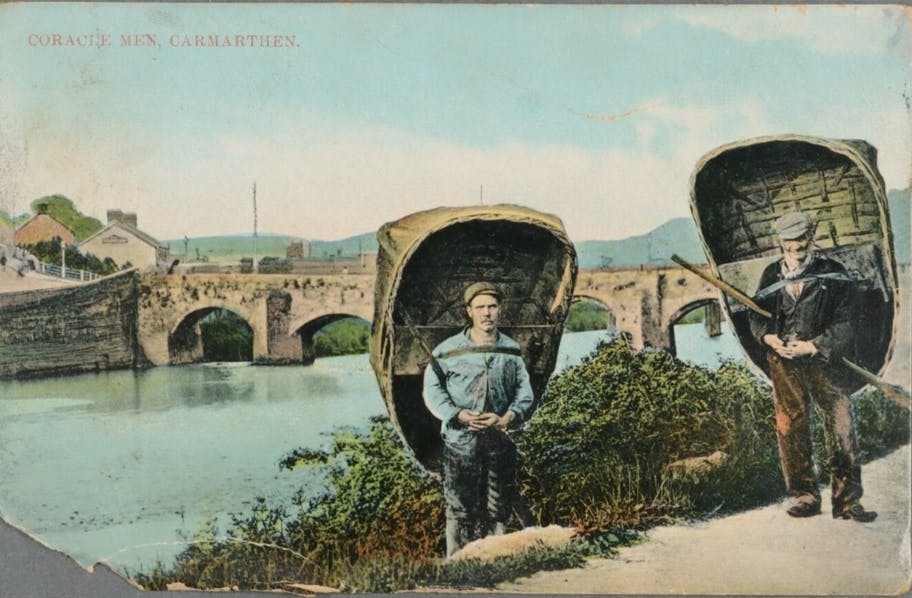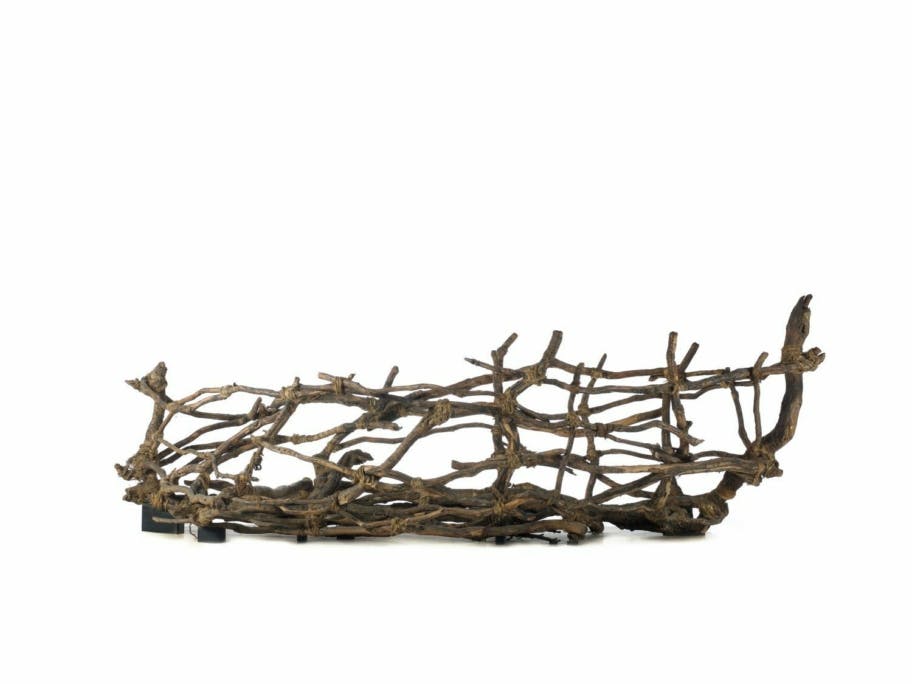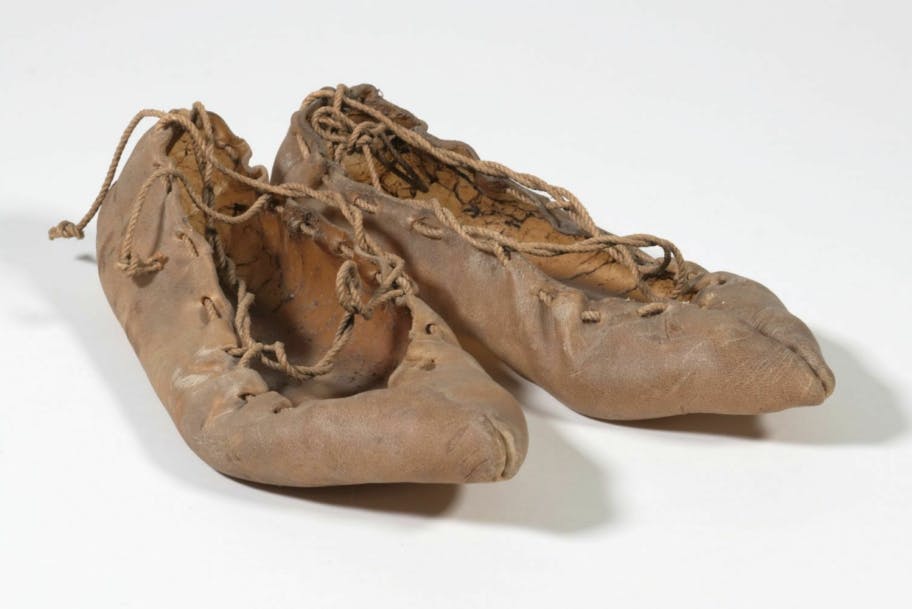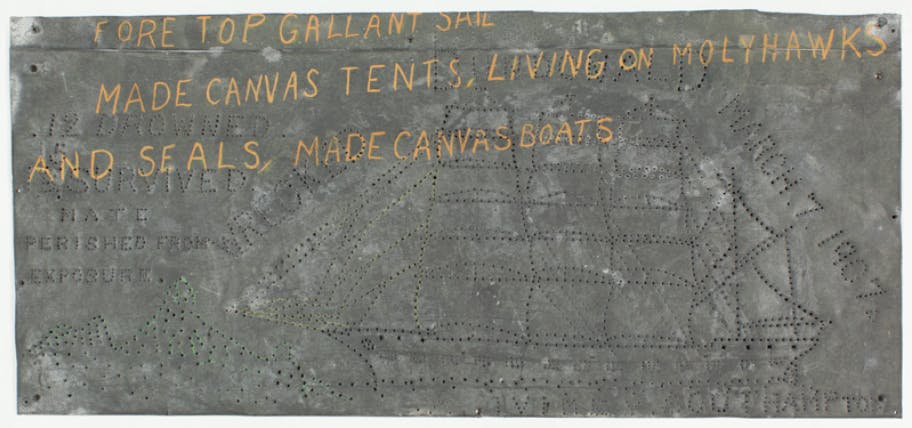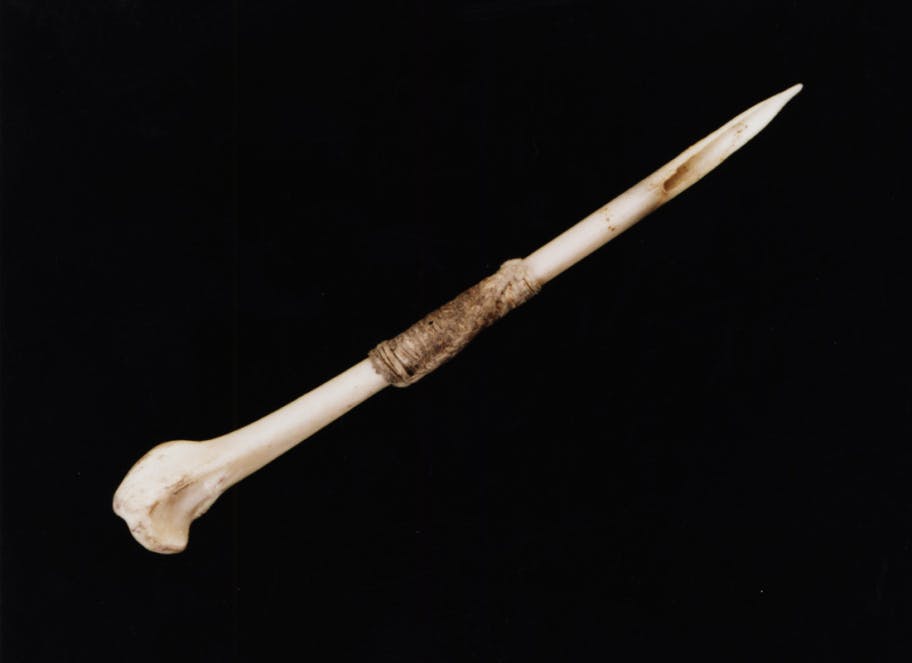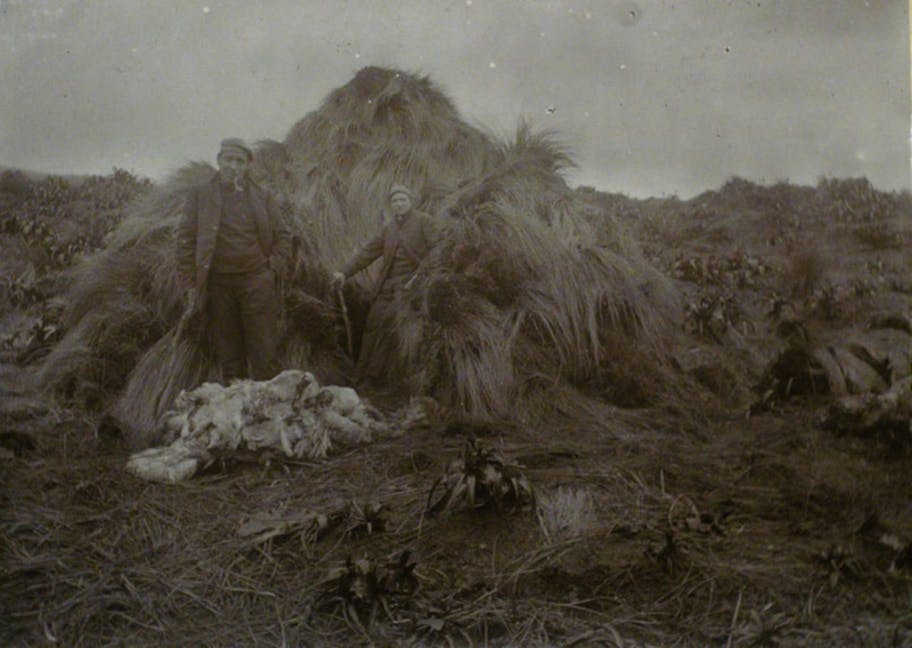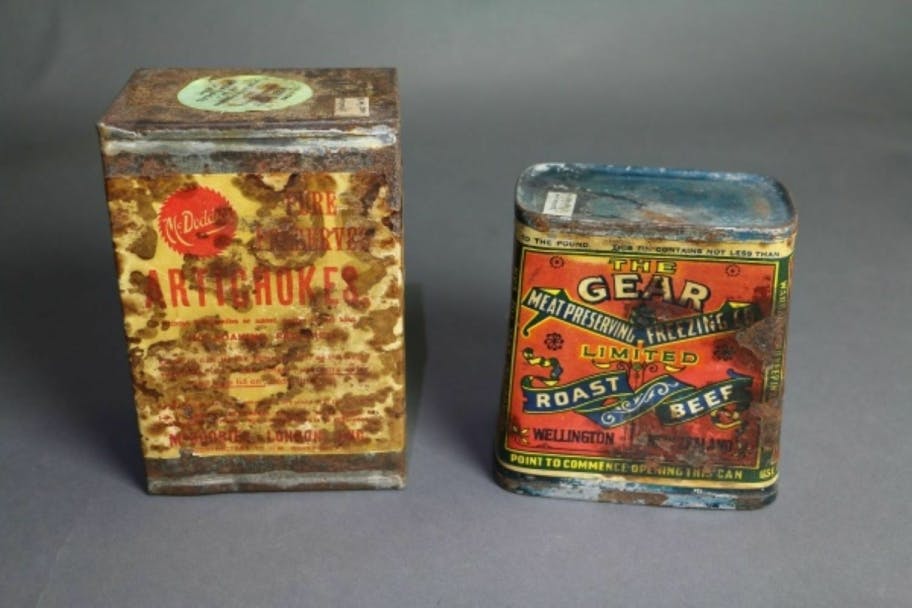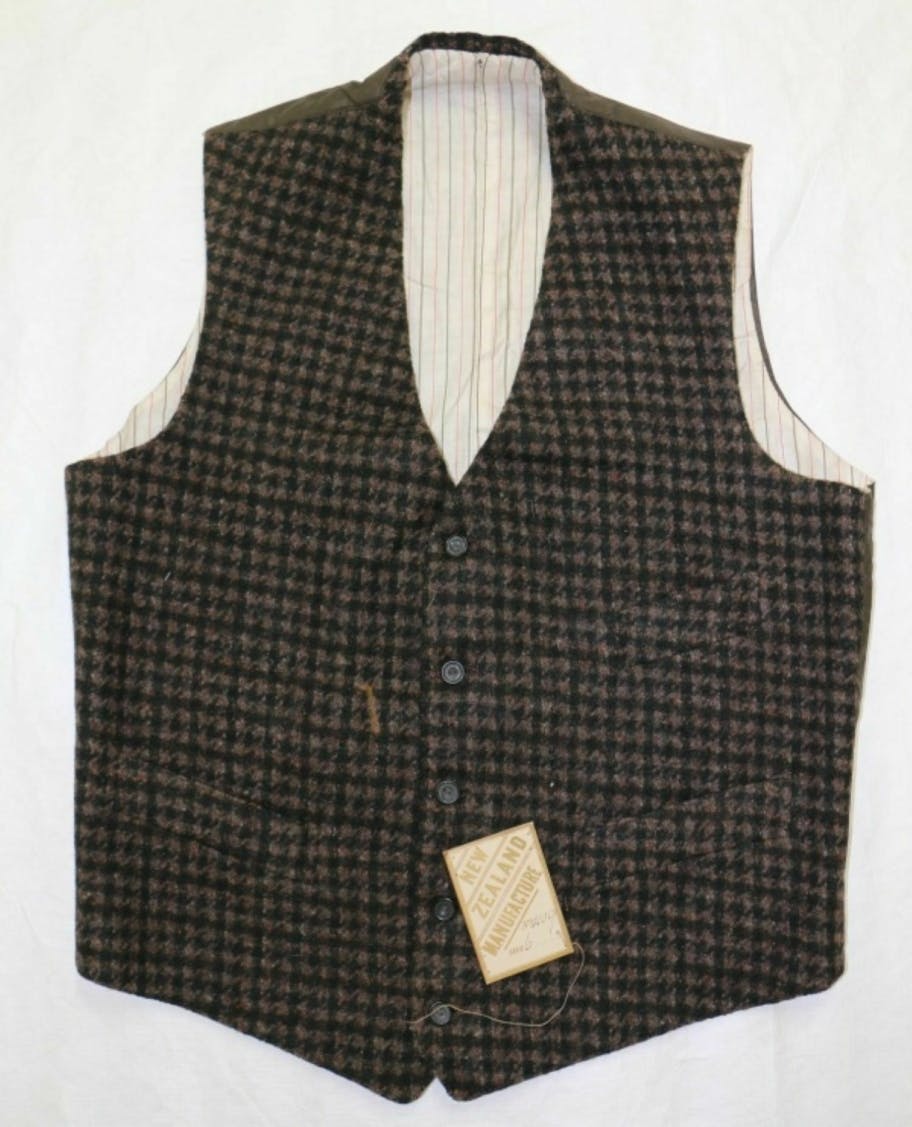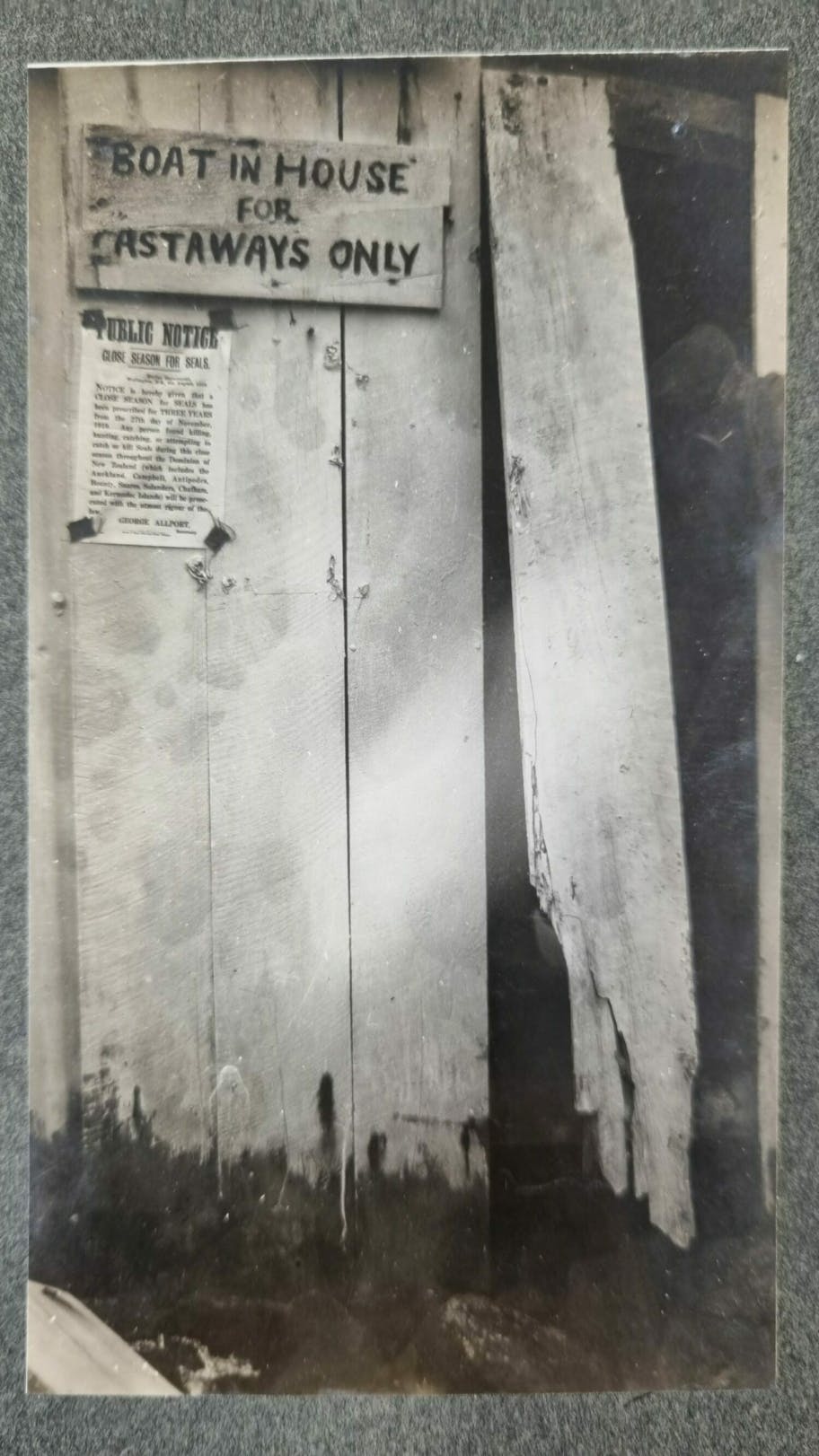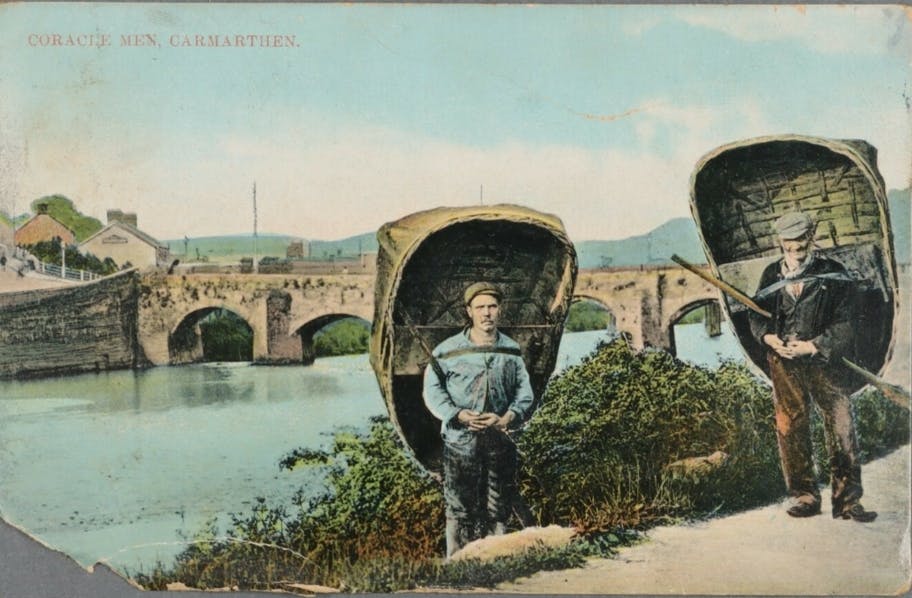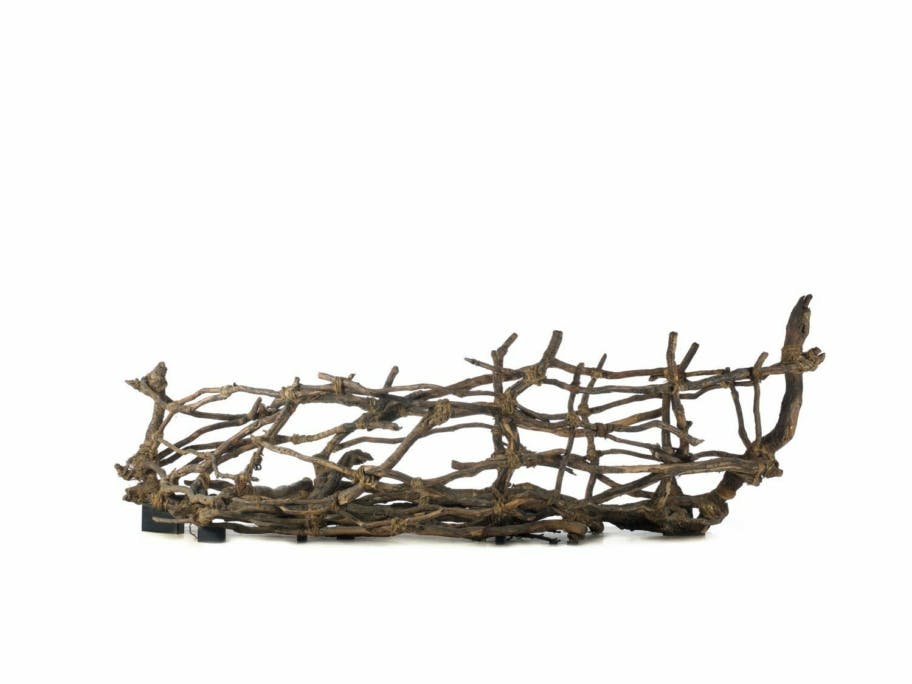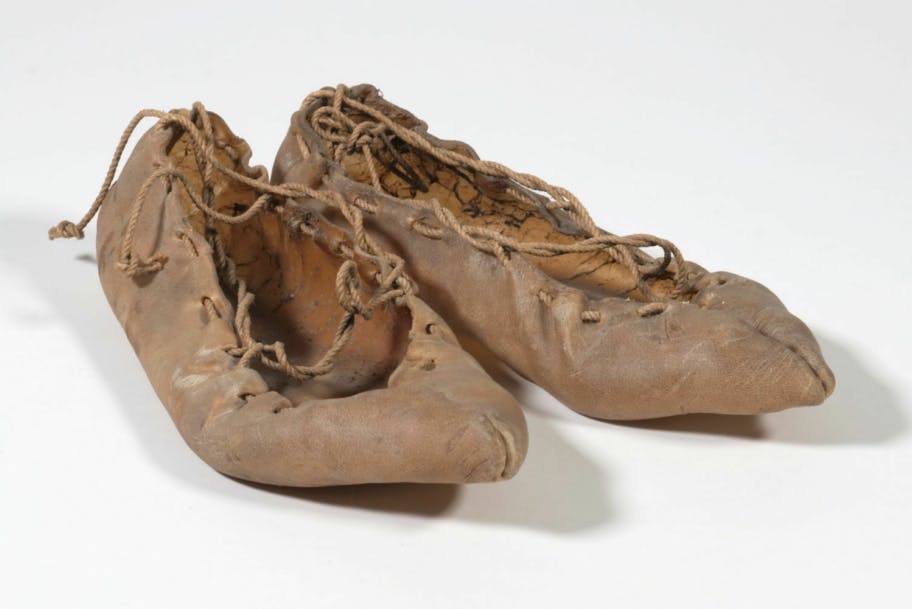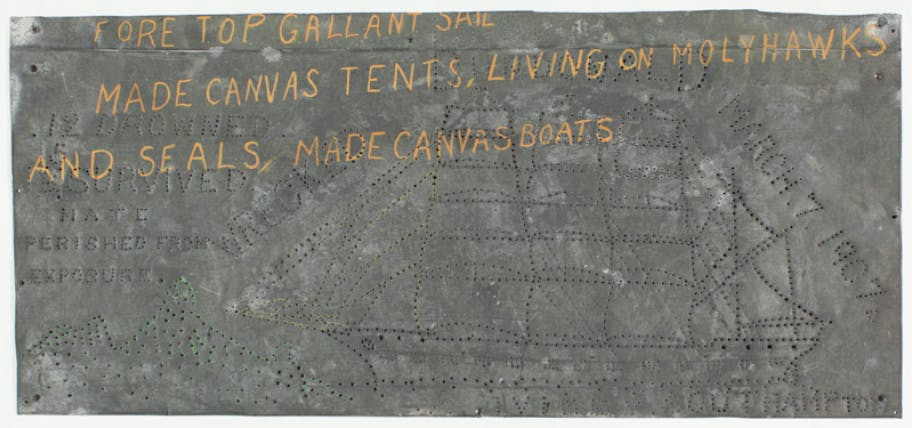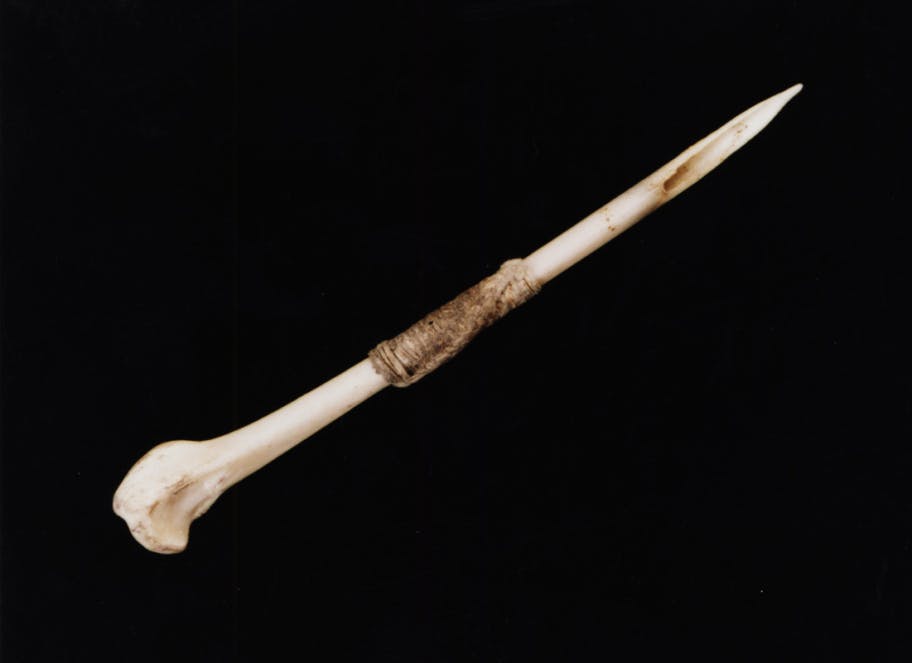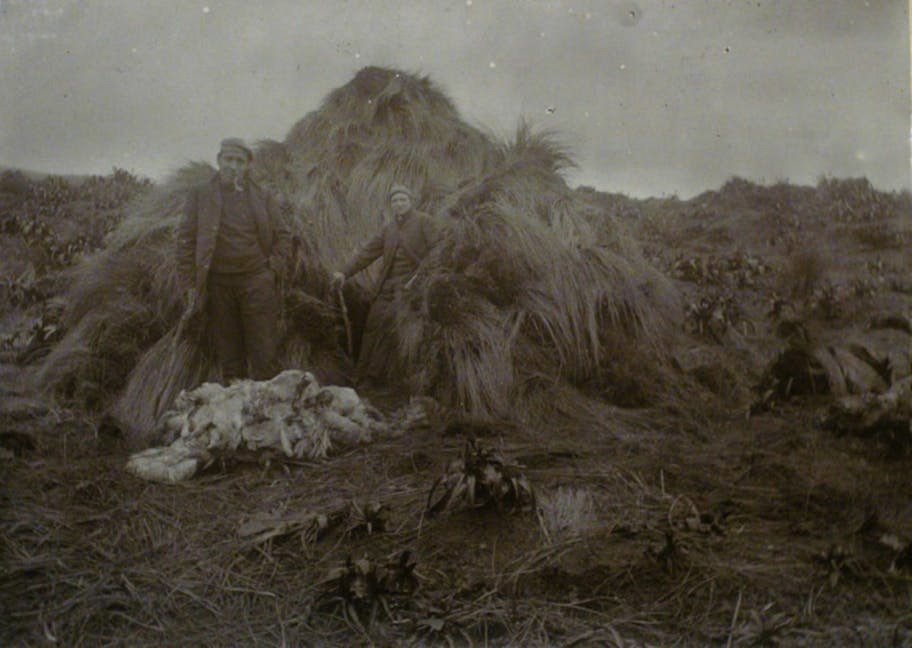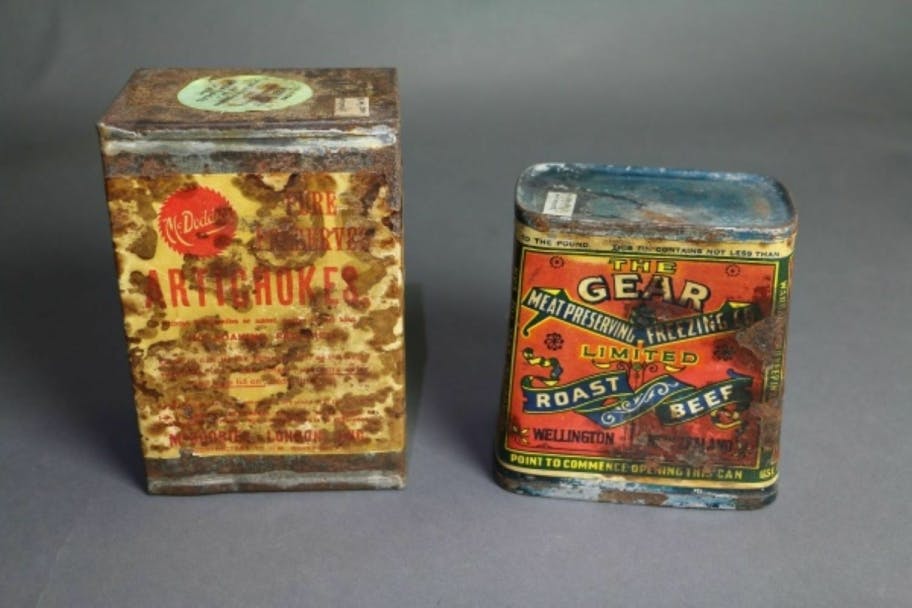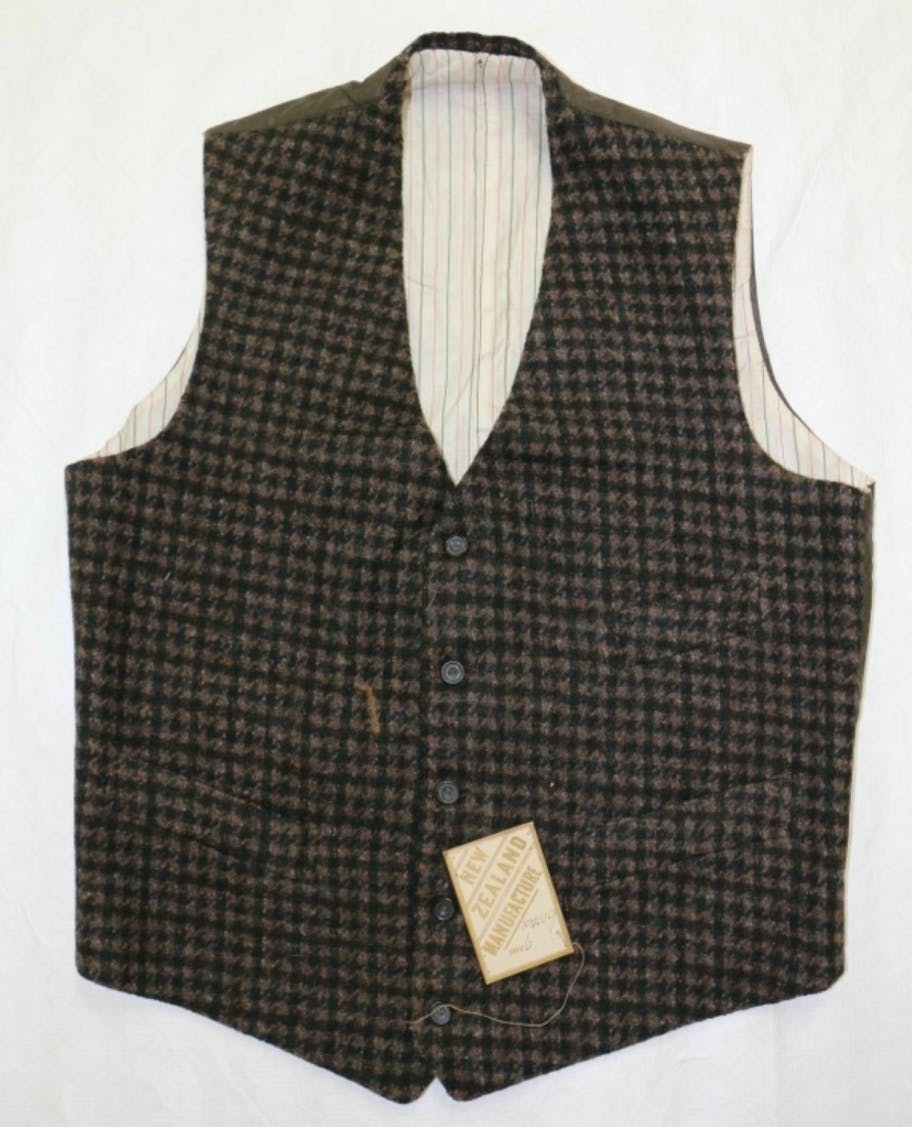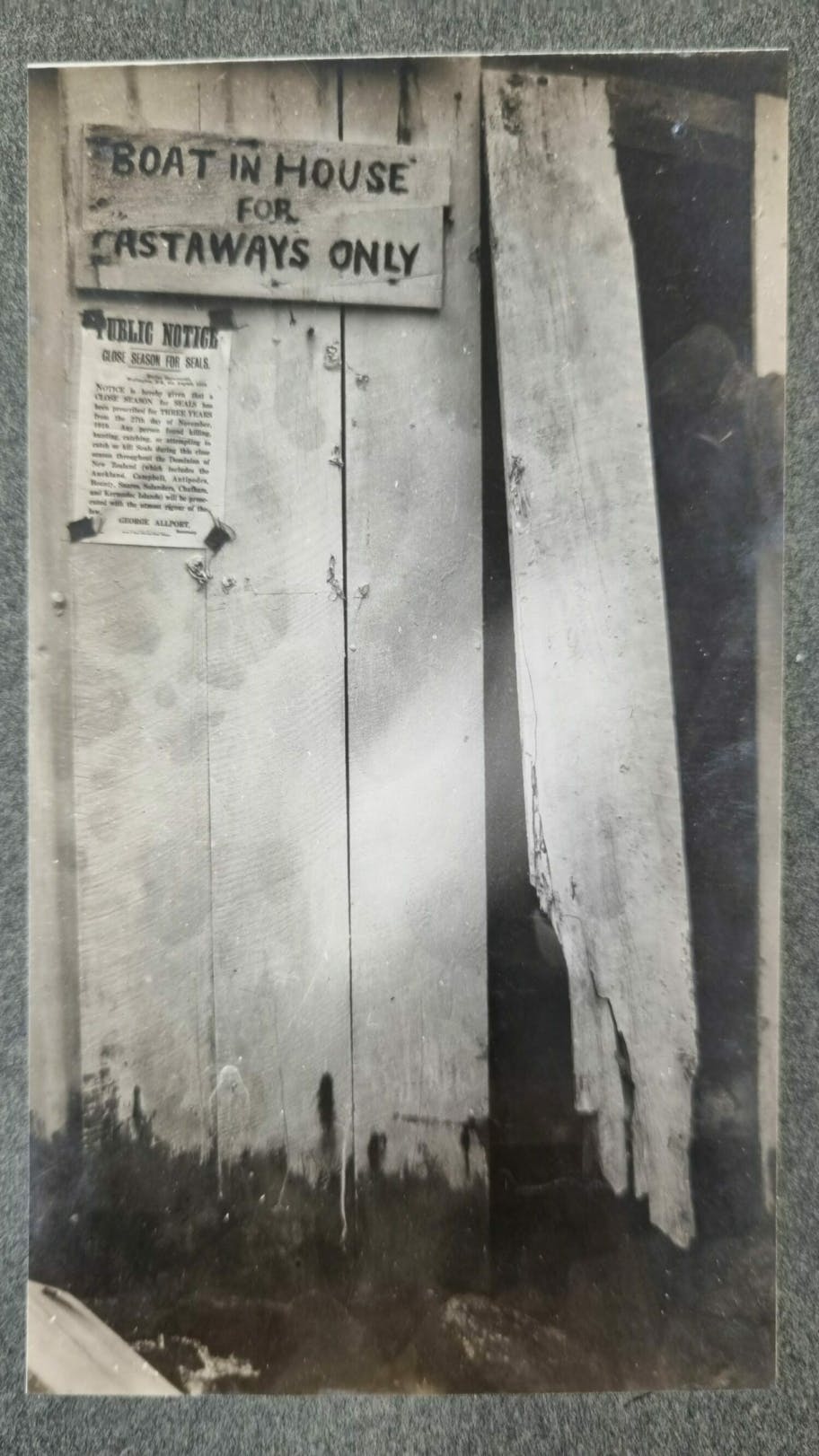By Adele Jackson, Curator Human History
& Phil Skewes, Associate Curator Collections Inventory
Before the Panama Canal opened in 1914, one of the fastest sailing routes from Australasia and Europe was via the Southern Ocean. The route made use of the notorious westerly winds found in the southern latitudes aptly named the Roaring 40s and Furious 50s.
The route was extremely risky when strong winds, wild seas, dense fog, and the submerged rocks of the sub-Antarctic islands combined. The remote islands south of Aotearoa were the scene of a number of devastating shipwrecks. Although lives were lost at sea, there were some survivors, marooned as castaways. For those fortunate enough to make it onto land, prospects were fairly grim. The environment on these islands is extremely harsh with rugged terrain and a very cold and wet climate. Castaways faced complete isolation with little chance of a ship passing close enough to notice them.
To give castaways a better chance of survival, the New Zealand Government established depots on some of the islands, with finger posts pointing the way. These depots usually consisted of a basic hut stocked with food, clothing, and matches – simple items that would save lives. Government steam ships, such as the NZGS Hinemoa, would search for survivors of lost vessels whilst patrolling the coasts.
Canterbury Museum’s collection includes material recovered from decommissioned castaway depots, and items from the castaways of the Dundonald shipwreck, which is a remarkable tale of perseverance, ingenuity and, ultimately, salvation.



